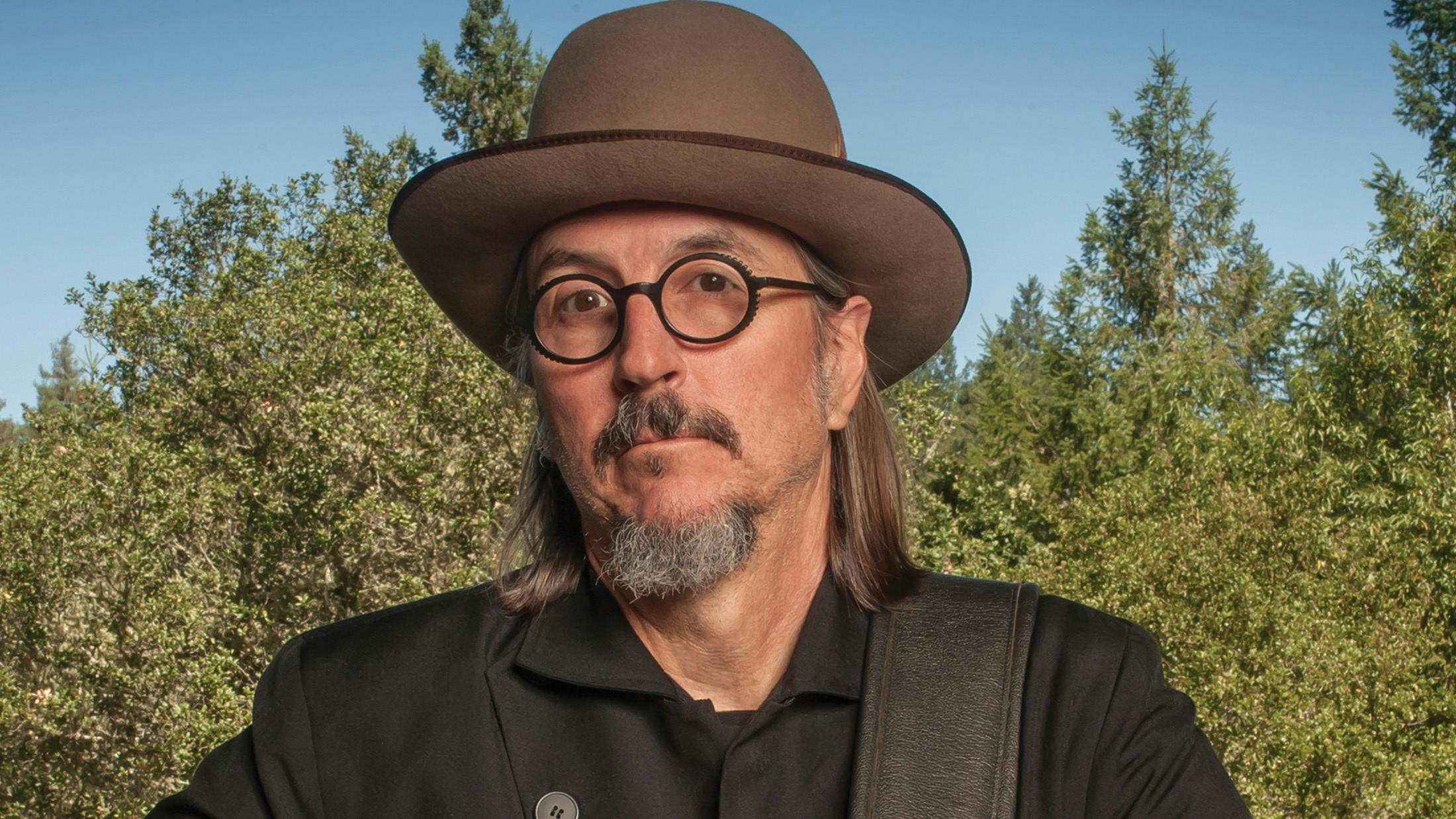How convincing were your earliest onstage experiences?
“Well, my first onstage experience was playing in the cafeteria of our high school with a band called Blind Illusion. I was so scared that I stood sideways the entire time and I wouldn’t look at the audience. In fact, Kirk Hammett remembers that show ‘cause he was in the audience. If you look in my yearbook you’ll see a picture of us, with me standing sideways in my big bell [bottomed] corduroy pants and platform shoes. I looked pretty sweet.”
At what point did you decide that you wanted to make music your life’s work?
“Oh, I knew from the point I got my first Memphis Precision bass copy that this was what I wanted to do with my life. I enjoyed that I could play away the blues of heartbreak or teen angst. Much to the chagrin of my family, I might add.”
What did they want you to do?
“Well, they come from a long line of auto-mechanics, although my father wanted me to become anything but that. I would have been the first male in my family to have gone to college. We didn’t have any money, so I would have had to work, too, and I offered to work and make music rather than work and go to college. So that was a source of frustration for my family. But it worked out fine in the end.”
Is it true that when you auditioned for Metallica, James Hetfield said something like, “Man, you’re much too talented. Go do something wonderfully weird on your own”?
“He definitely did not say that! He said that later on in an interview, which was very kind of him. I think they thought I was a freak. They were very nice – Lars [Ulrich] was particularly kind – and of course I knew Kirk from high school. But I think that James thought I was some sort of thug. Put it this way, I definitely didn’t look the part.”
They had just lost a pretty eccentric bass player, mind.
“Yeah, but Cliff [Burton] was eccentric in a whole different way. He definitely had a great look, that’s for sure. He was like a Viking or something.”
Did you entertain serious ambitions of joining Metallica?
“To be honest, I wasn’t really into metal at the time. I just knew that it was my buddy Kirk’s band and that they were doing really well. It wasn’t until the audition that I got a sense of what was really going on. It was a bit of a heavy thing, the audition, and I didn’t realise until I got there that it was kind of a big deal. Afterwards I fantasised about quitting my carpentry job and touring Japan with them, but I didn’t get the gig.”
What would Metallica have sounded like with you as one quarter of the band?
“Well, however it would have sounded I would have only lasted for a month or two before they kicked me out. They’ve got enough chefs in the kitchen in that band – they don’t need a guy like me. And the guy they have right now is unbelievable. Robert Trujillo is one of the nicest and sweetest guys I’ve ever met in the industry, and his playing is unbelievable.”
